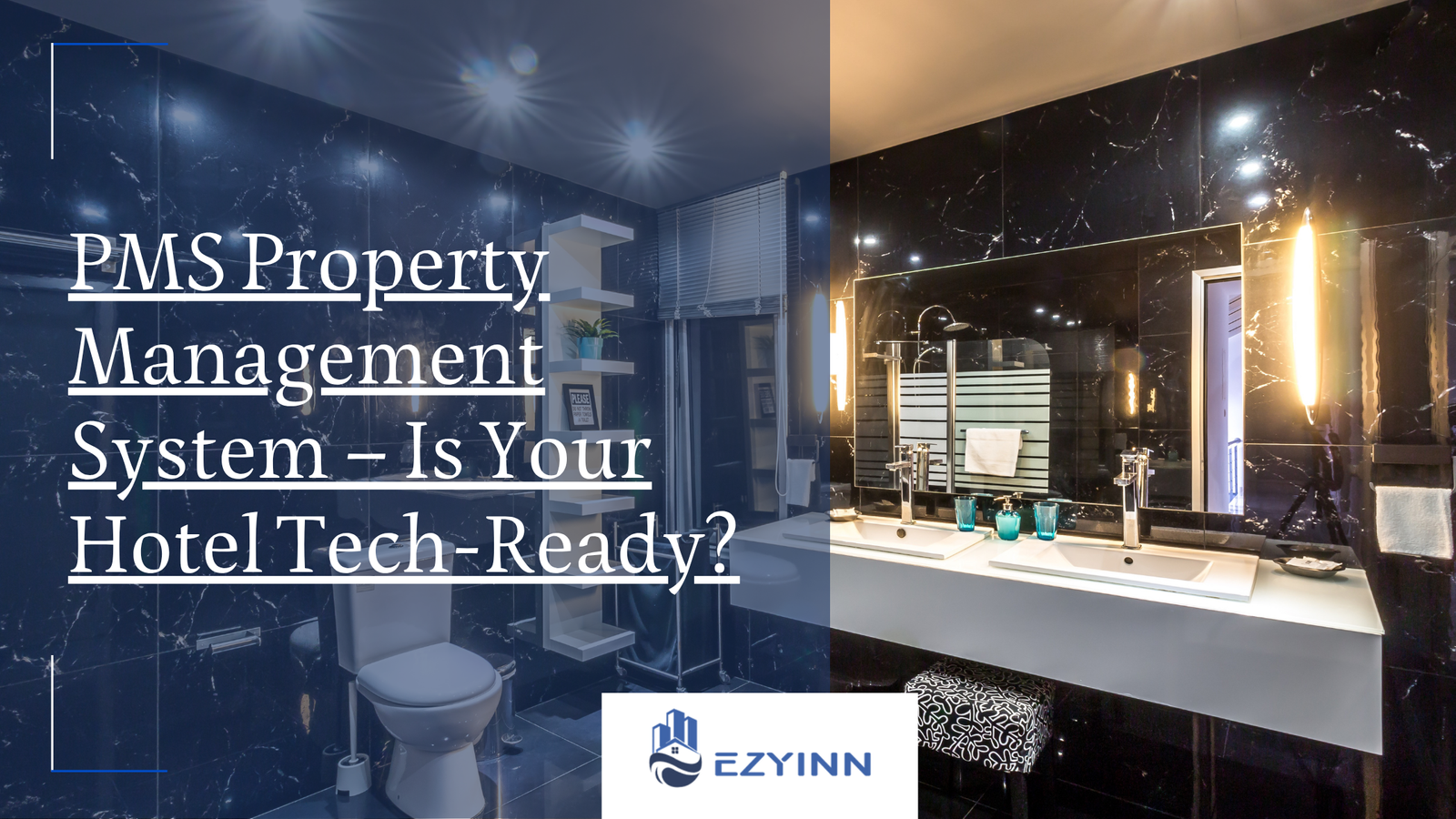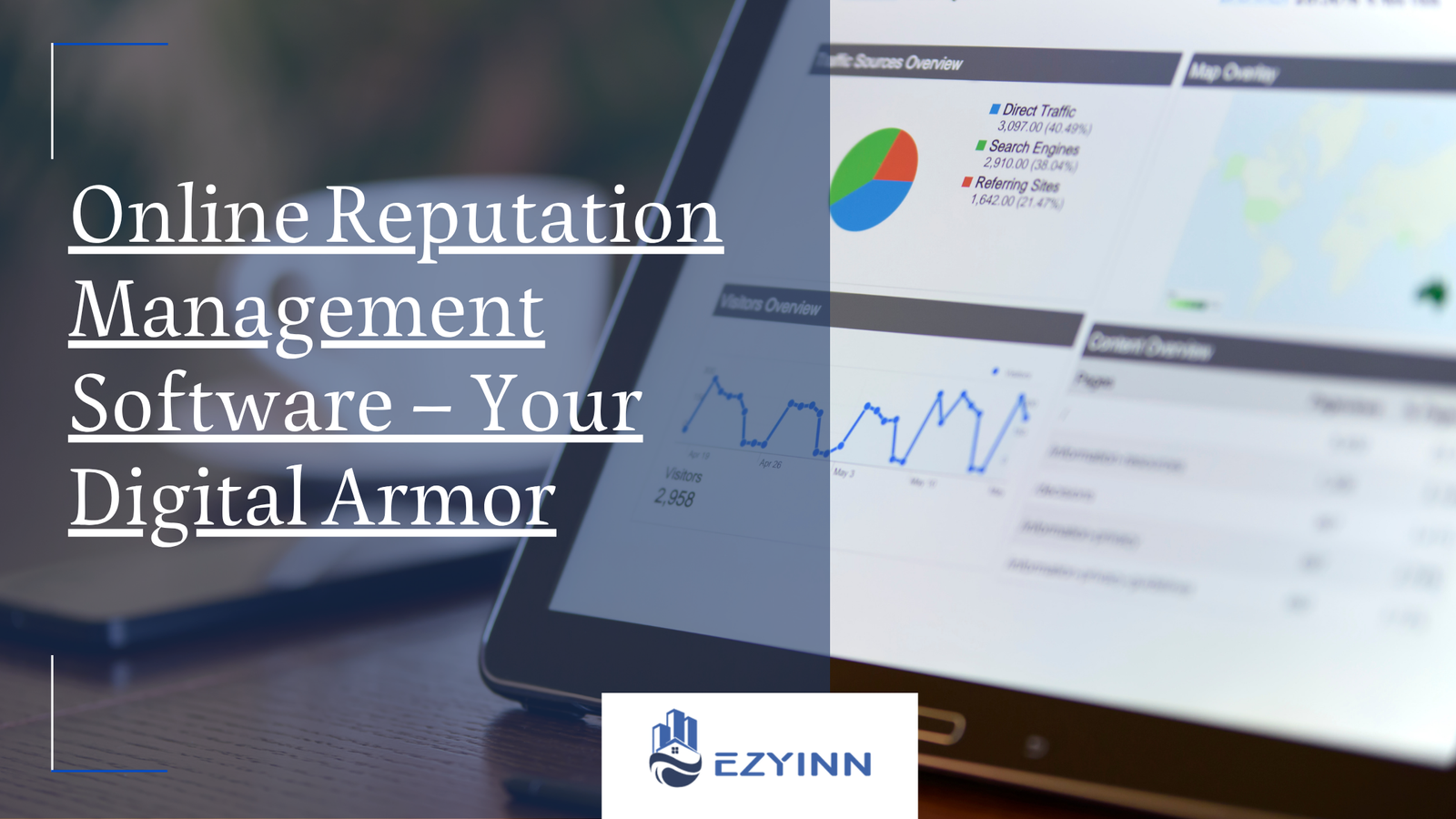In the very competitive hotel sector, maximum profitability and guaranteed flawless operations depend on good property management. Knowing property management rates can enable you to maximize your investment and make wise decisions whether you run a chain of properties, a luxury resort, or a boutique hotel. Location, kind of property, services provided, and market demand all affect property management rates. Understanding these costs can help hoteliers budget wisely, negotiate better agreements, and guarantee they get first-rate services supporting the expansion and sustainability of their company.
Components Affecting Property Management Rates
The property management rates are decided upon in several ways. Here are the components affecting the property management rates:
- Hotel Type and Scale: Property management rates of your hotel are largely influenced by its size and classification. Comparatively to budget hotels or motels, luxury hotels, resorts, and full-service buildings demand more comprehensive management services. Larger resorts with more conveniences, including spas, restaurants, conference rooms, and event venues, need more staff and knowledge, which drives greater rates of expenses. While large-scale properties need organized and automated management solutions, boutique hotels may have more individualized management demands, therefore affecting the general cost structure.
- Location and Market Need: Hotel Rate Management expenses of a hotel are largely influenced by its physical location. Because of their increased complexity of operations, greater personnel expenses, and fierce market competition, high-demand tourist attractions, metropolitan centers, and resort communities typically pay more property management fees. On the other hand, hotels in less competitive or rural areas could have cheaper prices because of less demand and more reasonably priced labor choices. Knowing how pricing is affected by market trends will enable hotel managers to project changes in property management expenses and create their budgets accordingly.
- Service Scope Expanded: Among the many services property management rates provide are housekeeping, marketing, bookkeeping, compliance management, and reservation handling. The cost increases with the more thorough the services are offered. While some hotel managers choose la carte services catered to their particular needs, others choose full-service property management, which addresses all operational elements. The size, budget, and long-term objectives of the hotel will determine whether full-service or tailored management solutions are better fit.
- Technologies Integration and Revenue Management: For dynamic pricing, revenue forecasting, and guest relationship management, modern hotel property management depends on cutting-edge technology. Expect more fees if your property management company links with hotel management software and offers advanced revenue management services. By maximizing pricing, lowering administrative costs, and improving visitor experiences, these methods can greatly increase profitability, though. Long-term financial results can be improved by investing in technologically driven property management.
- Contractual Terms and Duration: The parameters of the agreement with a property management business also influence the pricing approach. While long-term agreements usually include cheaper rates, short-term contracts could have more fees. Revenue management softwarefees might also change depending on performance-based incentives, in which case the business gains a proportion of cost savings or income increase. Hotels have to carefully go over contract conditions to make sure they complement their financial goals and preserve flexibility in service criteria.
Typical Hotel Revenue Management Pricing Models
To charge for their services, property management firms apply several pricing policies. Knowing these models will enable hotel managers to select the greatest fit for their financial situation and corporate objectives. Here are the best hotel PMS systems Model:
- Ratio of Revenue Model: The percentage-based approach is among the most often used pricing systems in hotel property management. Under this arrangement, the management company charges a set percentage—usually between 5% and 10%—of the hotel’s whole income. Since more income results in more revenues for both the management business and the hotel, this strategy helps to match their interests. Hoteliers should make sure, though, that management businesses are not merely profiting from past performance but rather proactive in income generating.
- Set Monthly Fee: Some front office software imposes a fixed monthly fee independent of the income of the hotel. This strategy is appropriate for buildings that want a consistent cost structure and offers predictability in budgeting. Fixed fees, therefore, might not encourage management businesses to actively raise income performance. Hoteliers have to evaluate if this strategy offers value depending on their expected return on investment and operational effectiveness.
- Hybrid Model (fixed fee plus revenue percentage): Combining a base monthly charge with a percentage of the hotel industry income, a hybrid pricing model is this strategy guarantees that the management business is driven to maximize income while covering running expenses by combining stability with performance-based incentives. Hotels seeking a reasonable mix between cost control and performance-based incentives will find this strategy perfect.
- Fees for Per-Occupied Rooms: This pricing structure charges a set rate for every occupied room every night. For hotels with seasonal variations, it is perfect since fees closely relate to real occupancy rates. During quiet seasons, this model can be rather affordable; yet, during moments of maximum demand, it could become costly. Before pledging to this approach, hoteliers should review occupancy patterns.
- Pay Based on Performance: Under this approach, the hotel revenue management business gets paid fees depending on important performance criteria such as cost reductions, occupancy rates, guest satisfaction ratings, and income growth. This arrangement guarantees that the management business is oriented on producing observable outcomes yet calls for open reporting and well defined criteria. For hotels seeking a result-oriented managerial style, this is a wise decision.
Conclusion
Hoteliers hoping to maximize income and maximize operational efficiency must first understand property management rates. Hotel owners can make wise judgments that increase profitability by assessing several pricing strategies, haggling over reasonable conditions, and matching rate management fees to corporate objectives. Selecting the correct property management system guarantees flawless operations and long-term success in the cutthroat hotel sector regardless of your preferred percentage-based model, set fee, or hybrid strategy. At Ezyinn Technologies, we represent the best PMS systems to meet all your business needs. Get in touch with us today at +1 (408) 715-3635!









